Hey, Mom! Talking to My Mother #550 - The Art of Curiosity
Hi Mom, I am still working on the book review post, and I am deep into prepping a new class that I have to teach this morning, so another reprint and without as much preamble as yesterday.
This article caught my eye because it's my main impassioned plea to my students every semester with the introduction of the word "quidnunc," which means a person who is interested in everything.
My wife is a great quidnunc, and it's possibly the thing I love most about her. She's the most curious person I know. My life is so rich because it's shared with her. She is constantly learning new things and sharing them with me. Though I love learning things too, I cannot possibly keep up with her appetite for learning.
Anyway, happy reading, Mom, and readers... always be learning.
FROM: https://medium.com/@iansanders/the-art-of-curiosity-de9d9a69f6ff#.pe12s5xsf
What does being curious mean to you?
When I hear the word ‘curiosity’ I tend to think of my nine year old son seated at the breakfast table with his book of facts, wide-eyed with wonder as he tells us about the world’s tallest building or the fastest car. Kids are like sponges at that age, always soaking up knowledge.
Most of us were like that at his age. But some of us lose our appetite for exploration and discovery as we get older.
We become experts in a single field or industry: our job doesn’t require us to peer over the walls into other areas, and we lose our curiosity. We know what we know.
That’s a shame.
I know many people with a laser focus on where they direct their attention. Focus is good but not if it is so narrow there’s no room for taking anything new in. I try to stay broad. I still apply a laser focus to how I spend my time, but I revel in the exploration of the new, staying open-minded about where I will get my stimulation.
Me & Curiosity
I was a quiet child. I mostly liked to observe from the edges, rather than participate fully, watching those around me, taking it all in. At school I spent much of my time doodling pictures of the teacher, rather than paying attention. As an observer I became good at writing stories and of doing impressions of class mates, teachers and my family.
Those observational tendencies as a child have helped inform my skills as a storyteller and consultant today.
Throughout my career I’ve always strived to broaden my horizons, not narrow them. When I started working for myself in 2000, curiosity gave me a work life with no limits. In the space of a couple of months I worked with some friends managing a rock band, advised the fashion brand Benetton, co-wrote a kids’ book, and advised a member of the House Of Lords about a website. My career strategy? I followed my curiosity.
Curiosity meant my offering didn’t need to be set in stone, I could try my hand at multiple roles, venturing into totally new areas, broadening my horizons.
What if?
I’ve found curiosity can be a key driver in our careers and business lives.
A chief executive can harness curiosity in her leadership style, a freelance web developer can use it to hunt for new clients, an entrepreneur can apply it to research his startup idea.
Being curious is often about shifting your mindset to ask a really simple question: ‘what if?’
What if we ran the project this way instead of the usual way? What if I ventured out of my comfort zone and gave that a try? What if, instead of continuing down the straight road towards the destination, we took this random left turn?
Asking What if can unlock innovation, it can make us solve problems in new ways. It can make us ask obvious questions that we never thought to ask before.
Questions like, do we really need a three hour meeting in a boardroom to solve this problem when twenty minutes in the corner coffee shop might nail it?
Fuel for your startup
Twenty years ago, Will King experimented with his girlfriend’s baby oil to combat razor burn whilst shaving, applying principles he’d learned in his engineering degree. He applied the ‘what if?’ principle. Not only did his kitchen table experiment with oil and foam work, it worked so well that today King of Shaves is the third biggest shaving brand in the UK.
Three years ago Tina Roth Eisenberg was disappointed by the poor quality of temporary tattoo her daughter wore home from a children’s party. She asked herself whether she could do better. And she could. Today Tattly is a successful business employing a whole team of people with thousands of customers worldwide, a business that Tina acknowledges practically started as a joke, just by being curious.
She applied the ‘what if?’ principle too.
But Will and Tina didn’t just use curiosity to fuel their ideas; they took action to make it happen.
And that is the secret ingredient: acting on your curiosity.
A licence to be curious
I’m lucky. I have a — professional — licence to be curious.
Businesses hire me to explore their organisations, to look under the bonnet, to ask questions in order to capture their values, their culture, their stories. That means it’s my job to ask questions.
I also tell stories about business for a number of publications; I have a second licence to be curious. When I wrote for the Financial Times, my brief was to write about people and trends that sparked my curiosity. So I wrote about the lessons Billy Bragg learned cutting out the middleman to sell direct to his fans; the opportunities and cross pollination that come from people sharing co-working spaces; the working cultures that small businesses adopt to attract the brightest recruits; the independent coffee scene in New York and London. I followed no editorial agenda, just my own curiosity.
But you don’t need to be a consultant or a writer to have that licence to be curious. All it takes is a commitment to ask questions, to explore new possibilities, to embark on a journey of discovery.
Unplanning & serendipity
When I wrote for the FT, I didn't have a grand editorial strategy. Instead I stayed open-minded, relying on curiosity and serendipity to introduce story ideas.
This picture is of Ocaña, a bar in Plaça Reial in Barcelona. When I was there in 2012 I got talking to a woman at the next table — we were both struggling to get served. Her name was Lisa, she was creative director at a digital agency in New York.
Then she spotted my temporary tattoo of a typewriter and asked was I a writer. I told her about my FT role, and by listening to her story I could see the start of an idea for a piece.
A few days later I was on a train to London and happened to sit next to Andy, a friend of mine who is an academic. I’d never seen him on the train before (and I never have since). It was a random encounter. But we got talking and I realised he’d be great to feature alongside Lisa in the story.
My connections with Lisa and Andy were both literal ‘blink and you’ll miss it’ moments — but I had been in the right mindset: my curiosity senses were heightened and I took action to turn it into something tangible. Adopting that mindset is key. The kind of mindset where you talk to strangers in bars and unplug from your electronic devices to talk to someone on a train.
When you are curious, you allow serendipity to come into play, and that can be a powerful combination.
Asking & listening
My two sons ask a lot of questions. Most of which I don’t know the answers to, but I admire their thirst for knowledge.
Because I don’t think we ask enough questions.
When I work with businesses as a consultant I ask a lot of questions. Questions like: ‘What is your story?’ ‘Why do clients like working with you?’ ‘Why are you different from the rest?’ ‘What drives you?’ ‘What do you stand for?’
They may not sound very original, but these are questions that have not usually been asked before.
Asking and listening unlocks a valuable commodity. So valuable, one client said it was gold-dust.
All I did was go and have a tapas lunch with one of his clients, a very important company, a well known tech giant. I sat and asked questions about why he liked working with my client. A simple question that had never been asked before. The implications of that one question were far reaching. That didn’t come from a feedback sheet or a questionnaire but by two people sharing tapas.
Curiosity is about asking, listening and then connecting the dots. You’ll be surprised at what it might yield for your business.
So how can you inject curiosity into your own life?
So if you want to inject curiosity into your own business or work life, here are six ideas to get you started:
- Be fluid. In life and business there’s so much emphasis on having a long-term plan. It drives me mad. Who knows what’s around the corner? Who would be able to anticipate an economic disaster or a world event that forces us to rip up a five year plan? Goals in both life and career are important; it’s good to have a vision of where you’re headed. But stay open minded. Instead of having a fixed linear path for how to get there, embrace randomness and serendipity along the way. Try going where the water flows.
- Think like a kid. Once a French friend came to visit me in London. Alain had never eaten Japanese food before, so I took him to my local Japanese restaurant. Halfway through the meal he went to find the toilet, but when he hadn’t returned after fifteen minutes, I went to find him. He was in the kitchen quizzing the chefs about the food and its preparation. I’d been to the restaurant a few times but had never met the chef. On his first visit Alain just walked in there and started asking questions. His curiosity was almost childlike — totally uninhibited unlike most of us who might think it inappropriate to walk in to a restaurant kitchen uninvited. Imagine if you embraced that mindset and thought like a child. If you wanted to launch a retail business, imagine if you lost your inhibitions and walked into shops asking questions. Imagine how you’d fast-track your mission and quest for answers.
- Be an idea collector. Like most things in life, you get out what you put in. So you need to invest time in exploring ideas. New ideas tend to be a fusion of old ones, so if you’re looking to be more innovative or creative, try collecting ideas. use your phone or a notebook to capture thoughts and ideas. Capture your own thoughts on your morning train commute. Note down other people’s ideas and stories, copy quotes that inspire you, cut things out, snap photos on your phone. The fashion designer Paul Smith uses his curiosity to take photographs of everything from street scenes to window displays on his travels around the world. These images inform his next collection. The act of clipping (whether with a digital tool or a pair of scissors) makes my brain well-tuned to spotting inspiring content, whether it’s a blog post, a tweet, a newspaper article or a photo in a magazine. I never know when these may come in handy. It’s also satisfying to have a portfolio of ideas to leaf through when you’re looking for inspiration.
- Travel without a map. One day a meeting got delayed and I found myself with thirty minutes to spare. Exiting the tube station I decided to dispense with the map on my iPhone and instead let my instinct guide me towards my destination. I knew that Whitecross Street would take me in the right direction northwards. As I walked slowly up the street I followed the lunchtime crowd in their summer dresses and shirt sleeves into a little park that I never knew existed. Busy with office workers, children in a playground and people queuing at a coffee stand, it was a welcome, inspiring, break in my day. If I had focused on a map I would have never taken that left turn. It was a detour that just happened by following my curiosity. That sense of random discovery was really rewarding, like having an awesome meal in a new cafe, finding a great new novel or taking a ride down the coast and finding a deserted cove. It gave me a boost.
- Read, watch & listen wildly. Curiosity is like a muscle that you need to exercise if you want to continue to benefit from it. So go out of your comfort zone — browse websites and read books you wouldn’t usually choose. I love browsing the shelves of Magma design shop in London. Here I’ve discovered beautiful magazines like Offscreen, a publication for people who work in the web industry. I might not be in their target audience, but I learned a lot about a bunch of talented people via some great storytelling and beautiful photography. If you’re on Twitter and only follow people in ‘your world’, try following interesting people in other cities, engaged in other professions, industries and worlds away from your own. You may learn a thing or two.
- Dabble. Don’t keep your curiosity to yourself and the pages of your notebook. Apply it to your business and career by trying your hand at new projects, by experimenting. In my fifteen years of working for myself, dabbling has provided the more interesting projects — from working with an artist management startup developing new bands to writing a kids’ book. The good things about dabbling is that it doesn’t carry much risk. Because we recognise it’s an experiment on the side, we can do it for the fun and curiosity of it. It’s not our ‘bread and butter’ project, job or business — so who cares if it fails? It was just a dabble. At least we tried it.
So curiosity doesn’t have to remain a ‘soft skill’; it’s not just a characteristic you’ll find in the minds of kids and scientists. It’s something we can all embrace: to find our next business idea, to navigate our work lives, to add new strings to our bow, to do better work.
So ditch the plan, stay curious…
If you need a different perspective to: i) tell your business or brand story; ii) figure out and capture the essence of your business; iii) guide you through your career or work life, get in touch hello@iansanders.com
Follow me on Twitter: @iansanders
+++++++++++++++++++++++++++++++++++++++++++++++++++++++++++++++++++++++
+++++++++++++++++++++++++++++++++++++++++++++++++++++++++++++++++++++++
+++++++++++++++++++++++++++++++++++++++++++++++++++++++++++++++++++++++
Reflect and connect.
Have someone give you a kiss, and tell you that I love you.
I miss you so very much, Mom.
Talk to you tomorrow, Mom.
+++++++++++++++++++++++++++++++++++++++++++++++++++++++++++++++++++++++
+++++++++++++++++++++++++++++++++++++++++++++++++++++++++++++++++++++++
+++++++++++++++++++++++++++++++++++++++++++++++++++++++++++++++++++++++
- Days ago = 552 days ago
- Bloggery committed by chris tower - 1701.07 - 9:02

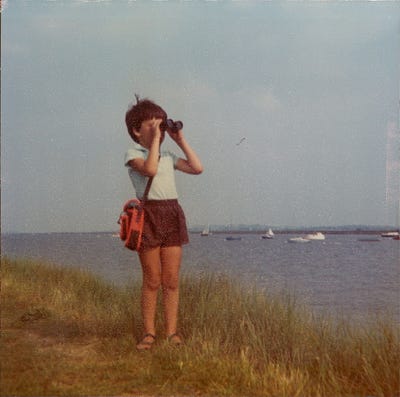
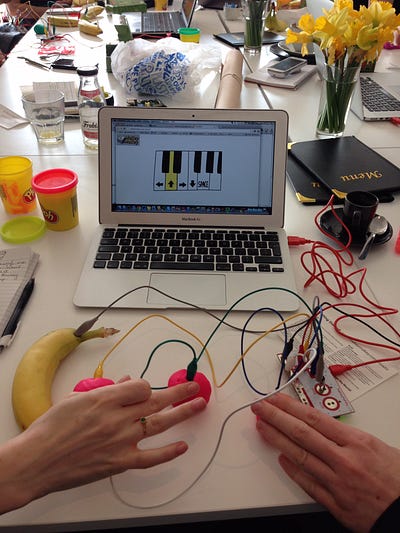
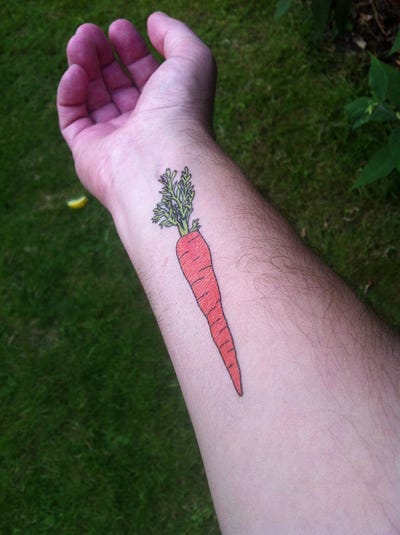
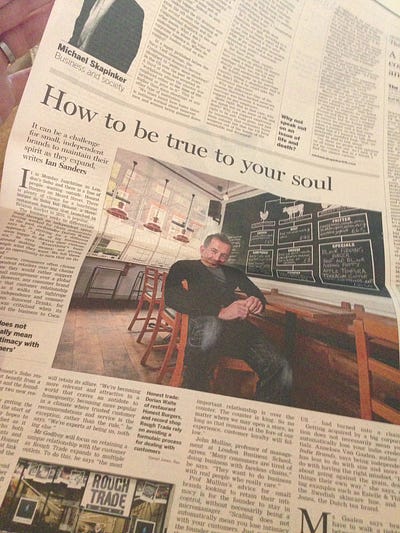
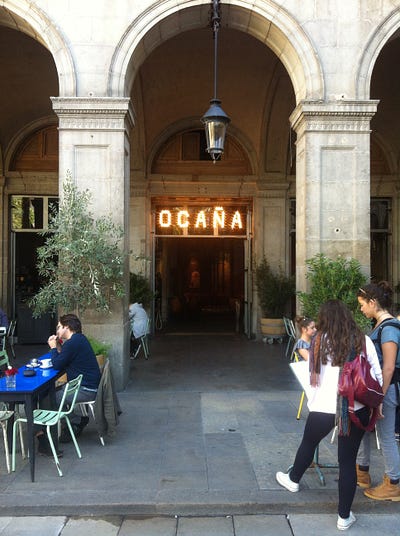
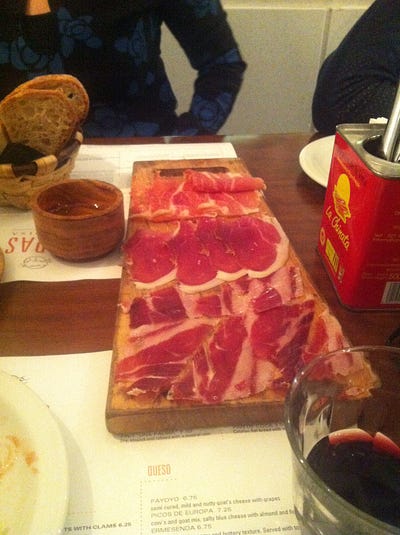

No comments:
Post a Comment